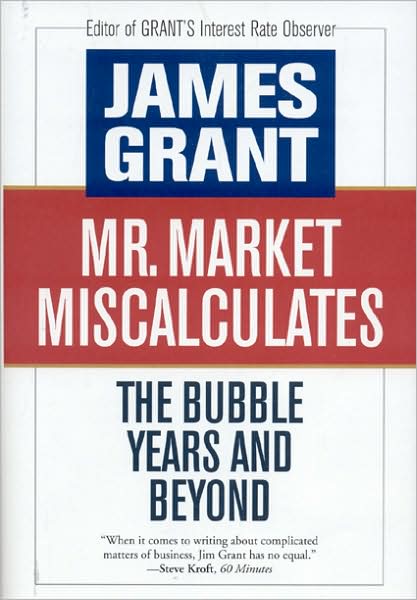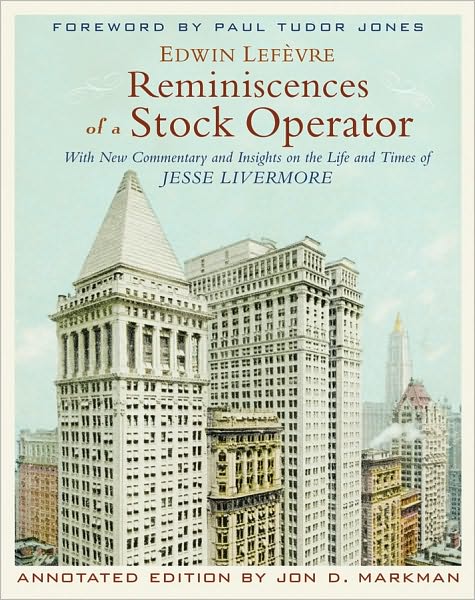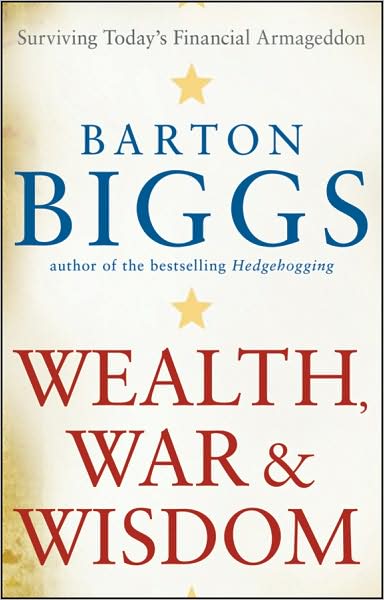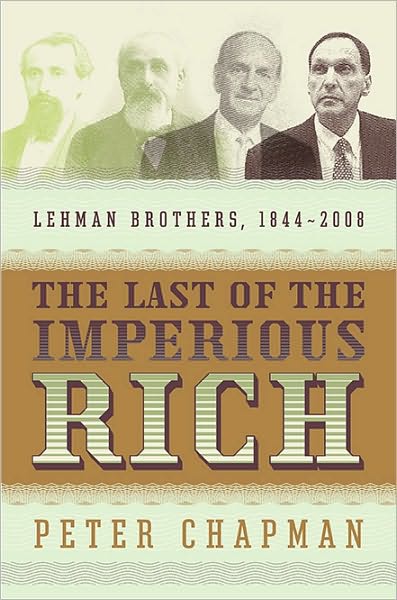Pension Dumping (5 Stars)
This book describes the motives of all of the parties in DB pension issues very well, and why they tend to lead to DB plan terminations.?There are possible solutions recommended at the end, but in my judgment they might save some plans that are marginal, but not those that are sick.?If you are interested in the topic of pensions, buy the book: Pension Dumping
This Time Is Different (5 Stars)
This book is not for everyone.? If you tire looking at tables, and prefer more discursive arguments giving anecdotes rather than facts, this book is not for you.
Who could benefit: if you want intellectual confidence that sovereign defaults /currency failures can happen even in the US (note we have had two so far, in addition to many other financial crises), this will give you confidence that you are not a nut.? If you want to educate one of your friends who thinks that such disasters are impossible, this is the book for him.? Just make sure he is willing to endure a semi-academic book.
If you want to buy the book, you can buy it here:?This Time is Different: Eight Centuries of Financial Folly.
100 Minds That Made The Market (5 Stars)
The biographies are well-written and concise.? They illustrate eras in Western, and in particular, American Capitalism.? Many of the names are obscure in the present day, but after you read the biography, you have no doubt that they were important to their era.
I enjoyed the book greatly, and hope that you will too.? If you want to buy it, you can get it here:?100 Minds That Made the Market (Fisher Investments Press).
The Trouble With Prosperity (5 Stars)

In?The Trouble With Prosperity, Grant walks us through:
- The puzzle of the markets in 1958, given the rise in interest rates and inflation
- A tall building that characterized the troubles of the Depression.
- The Japanese real estate and stock bubbles, and their deflation (still early in 1996)
- The S&L crisis in the early 90s
- Willingness to sponsor speculative ventures in the early 1990s, with a focus on gambling.
To buy the book: The Trouble With Prosperity
The Wall Street Waltz (5 Stars)

Most investors don?t benefit from an understanding of economic history, which gives a broader skill set for analyzing current problems. This book is an aid in gaining understanding of economic history.
To buy this book: The Wall Street Waltz
Mr. Market Miscalculates (5 Stars)

Who would benefit from the book?
- Those that have assumed that neoclassical economics adequately explains the way our economy works.
- Those that want to understand how monetary policy really works, or doesn?t.
- Those that want to learn about equity or fixed income value investing from a quirky but accurate viewpoint.
- Those that want to be entertained by intelligent commentary that proved right in the past.
As with other James Grant books, this does not so much deal with current problems, as much as educate us on how to view the problems that face us, through the prism of how past problems developed.
Mr. Market Miscalculates: The Bubble Years and Beyond
Reminiscences of a Stock Operator (Annotated Edition) (5 Stars)
Who would benefit from this book: Historians would benefit, as would those interested in trading.? Economists wanting to get a look at market microstructure would also benefit.? Livermore, more than most, gives a full view of technical analysis, because he lays bare the motivations of players, and how other players attempt to devine those motivations.
If you want to buy this book you can buy it here:?Reminiscences of a Stock Operator Annotated Edition.
The Myth of the Rational Market (5 Stars)
Who would benefit from this book:
- Those who are too certain about their positions on market efficiency.
- Those that assume that the market is always or rarely right.
- Those that select asset managers, because there is a lot of volatility around investment returns.? What is luck? What is skill?? We know less here than we imagine.
- Academics in economics that are not familiar with the finance literature, because this would give an outline of the questions involved.
If you want to buy this book click here:??The Myth of the Rational Market: A History of Risk, Reward, and Delusion on Wall Street
Wealth, War & Wisdom (5 Stars)
Preserving wealth means owning productive land locally, and having flight capital abroad.? Away from that, Biggs counsels owning stocks because good times happen more often than they should.
I liked this book, more than many, and if you want to buy it, you can find it here:?Wealth, War and Wisdom.
Once in Golconda (4 Stars)

This is a fun book.? You can see the gathering storm as liquidity grows, and markets boom.? You can see the increasing furor nearing the peak.? At the peak, you can?t hear much.? During the fall you can hear investors go through the five stages of grieving as they watch their investments die.
This is a good book, well-written, and appropriate for our era.? I recommend it.
If you want to, you can buy it here:?Once in Golconda (Wiley Investment Classics)
The Last of the Imperious Rich (4 Stars)
I think most investors could benefit from the book, mainly because I believe that economic history is valuable.? History doesn?t repeat but it rhymes, and this gives us more than a few new poems to consider.
If you want to, you can buy it here:?The Last of the Imperious Rich: Lehman Brothers, 1844-2008.
Fallen Giant (4 Stars)
Who would benefit from this book?? Anyone who wants to learn about the amazing C.V. Starr.? That is the main benefit of this book.? If you are looking for a history of AIG, well, this may be the best book out there, but it has the inadequacies that I listed above.
You can buy today?s book here:Fallen Giant: The Amazing Story of Hank Greenberg and the History of AIG
A History of Interest Rates (4 Stars)

This book is a must for those that like economic history.? I really enjoyed it.? For those without such an interest, it?s a big, somewhat-expensive, show-off book that will be occasionally useful as a reference.
If you want, you can find it here:?A History of Interest Rates, Fourth Edition (Wiley Finance)







